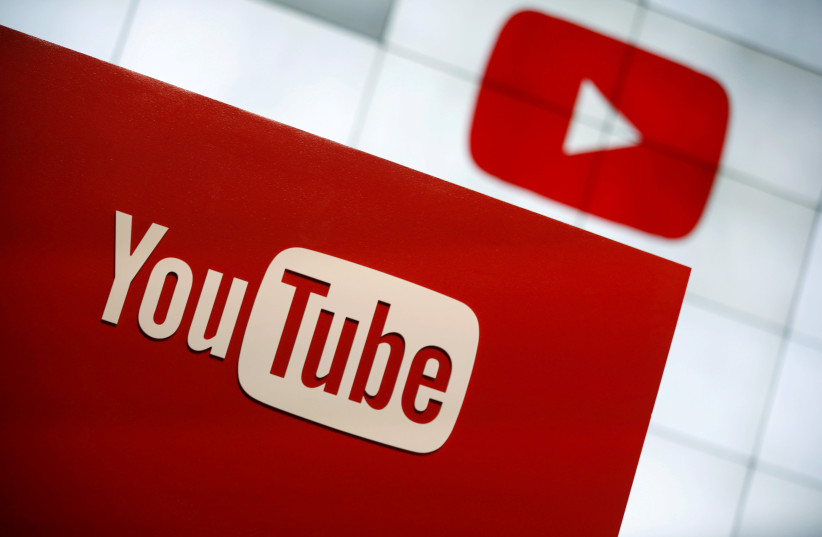An investigation by the BBC has uncovered a "global network of sadistic monkey torture" after aggressive videos of people abusing and killing baby monkeys surfaced on social media, according to a report published Monday that followed a year-long inquiry.
The torture ring reportedly began on YouTube and then continued in private groups on encrypted messaging app Telegram, the report said. The World Service said it discovered hundreds of people around the world, including in the United States and United Kingdom, paid Indonesians "to torture and kill baby long-tailed macaques" on camera.
The investigation included BBC journalists going undercover in one of the torture groups on Telegram. At least 20 people are now under investigation, including three British women who have been arrested.
Other notable suspects being investigated by the US Department of Homeland Security include Stacey Storey, a grandmother in her 40s from Alabama who the community calls "sadistic" and a ringleader known as "Mr Ape." The BBC said they cannot provide the latter's real name for safety reasons.
How did social media respond to the discovery?
The BBC reported that Telegram told the outlet it was "committed to protecting user privacy and human rights such as freedom of speech", adding its moderators "cannot proactively patrol private groups."

Meanwhile, YouTube said "abuse had 'no place' on the platform" and assured it's been "working hard to quickly remove violative content."
